T4K3.news
Chia seeds linked to health boosts in new simulation
A new video claims daily chia seed intake can improve heart health, sleep, and breath. Readers should weigh the evidence.

A simulation touts chia seeds as a daily health booster, prompting a closer look at the evidence behind the claims.
Chia seeds show health boosts in new simulation
A video by 5 Minute Fitness presents a simulation that claims daily chia seed consumption could improve heart and gut health, sleep, and breath. It cites tryptophan and melatonin as sleep aids and notes that the calcium in chia seeds may support teeth and bones, while antibacterial properties could help freshen breath. The piece also highlights how affordable a large bag can be and suggests easy add-ons like yogurt, cereals, smoothies, or toast.
On weight loss, the article argues chia seeds may help reduce appetite thanks to their high fibre and protein content. The soluble fibre can form a gel in the stomach to slow digestion, potentially easing constipation. The piece contrasts this natural option with celebrity-led trends and GLP-1 medications, but it frames the claims as coming from a video rather than a clinical trial and offers practical tips for incorporating chia seeds into meals without overdoing it.
Key Takeaways
"Chia seeds can also improve sleep"
Direct claim cited in the video
"A portion of the piece is built on a simulation, not a clinical trial"
Editorial note on evidence quality
"Chia seeds offer a natural option without GLP-1 side effects"
Weight loss claim within the article
"Let science lead weight loss talks, not glossy videos"
Editorial closing thought
The piece leans on a social-media driven simulation rather than established medical research, which is a common trap in modern health journalism. It raises a larger question: when does a recipe become a prescription? The answer lies in evidence. Readers should view such claims with healthy skepticism and seek robust trials before accepting broad health benefits. At the same time, the story nods to accessibility and common-sense use, reminding us that diet changes work when they fit real lifestyles, not when they promise miracle fixes.
This analysis sees a tension between speed and accuracy in online health content. Simulations can raise awareness, but they can also mislead if not clearly labeled as preliminary. The inclusion of influencer culture and budget-friendly framing reflects current media dynamics, where simple foods are pitched as universal solutions. The responsible takeaway is moderation, critical thinking, and a push for credible science to back up bold claims.
Highlights
- Tiny seeds, big claims demand scrutiny
- Evidence over hype should guide diet headlines
- Let science filter every diet trend
- Consistency matters more than a single video
Health claim risk around diet simulations
The article relies on a simulation rather than peer‑reviewed studies to claim wide health benefits from chia seeds. Without solid clinical data, readers may form overconfident beliefs about this food.
The real test will be whether rigorous research follows these bold prompts.
Enjoyed this? Let your friends know!
Related News
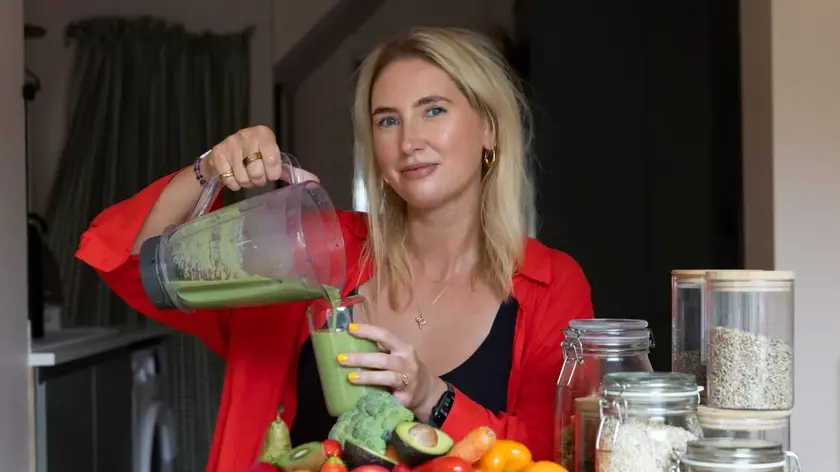
New dietary trend fibermaxxing boosts energy and reduces snacking
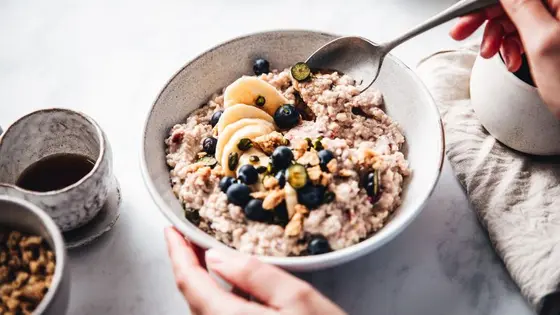
Fibermaxxing gains popularity on TikTok
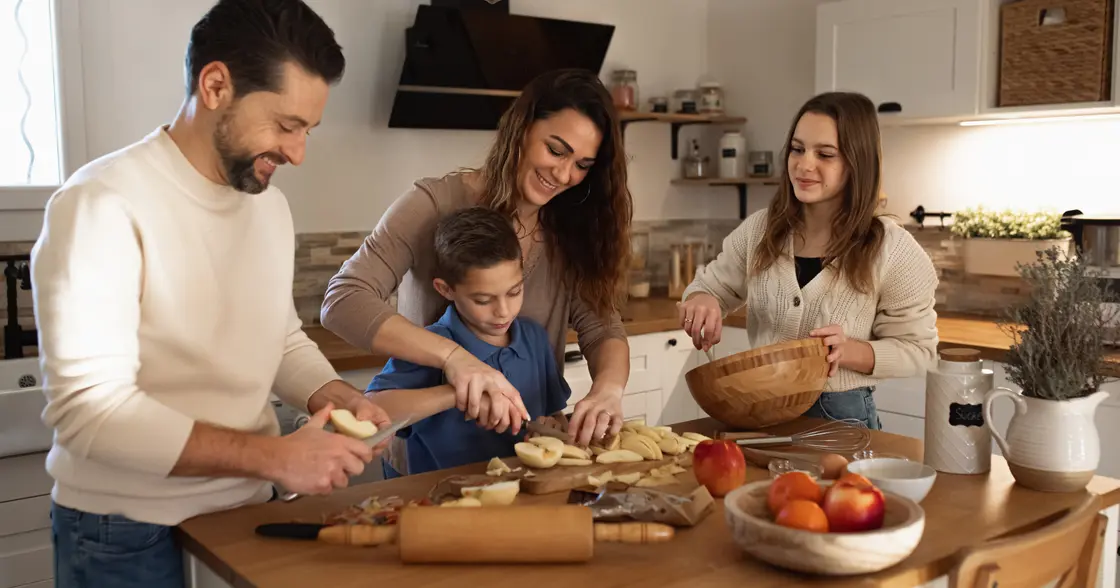
Seven plant-based desserts promote gut health
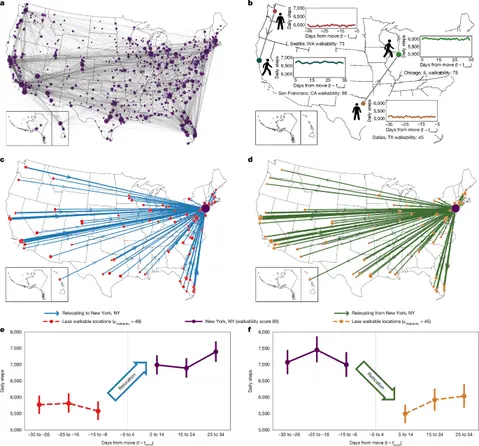
Walkable cities lift daily activity
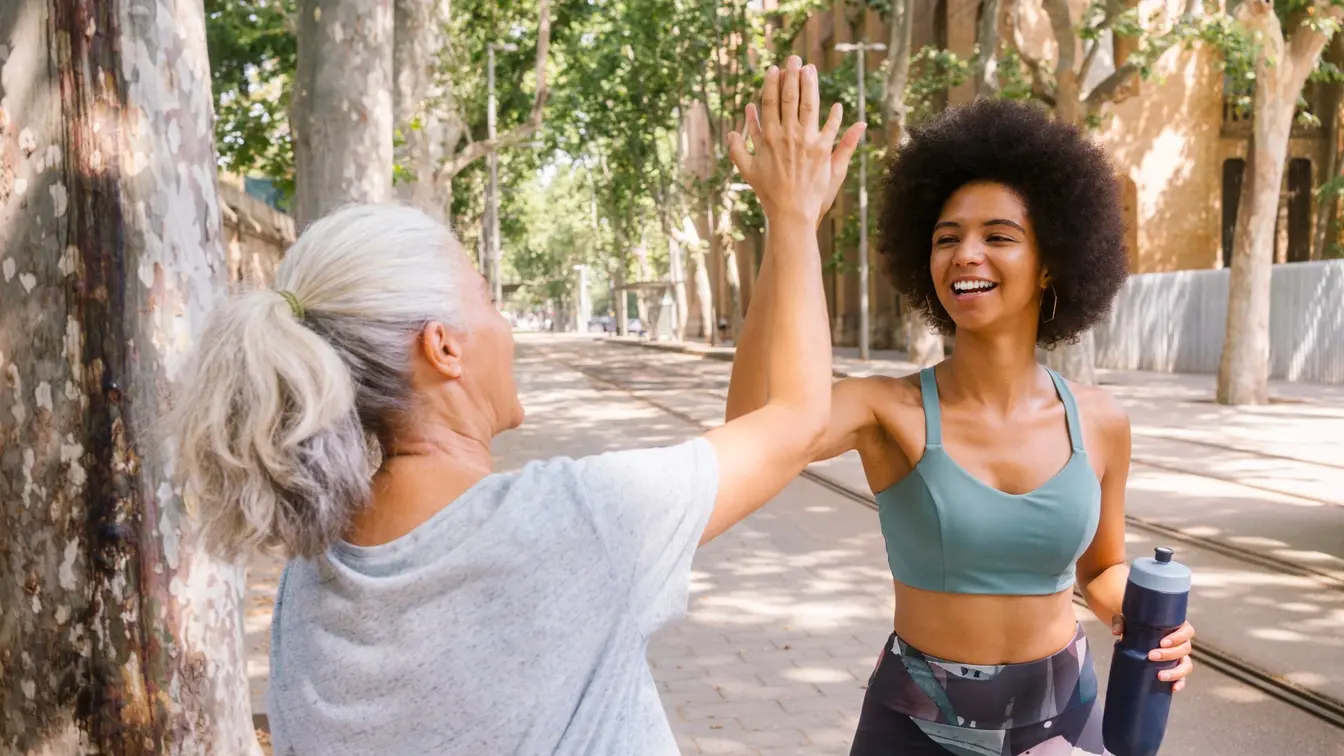
Five lifestyle changes cut risk of five leading killers

Walkable cities boost daily steps by 1,100

Chia seeds daily use risks choking per simulation
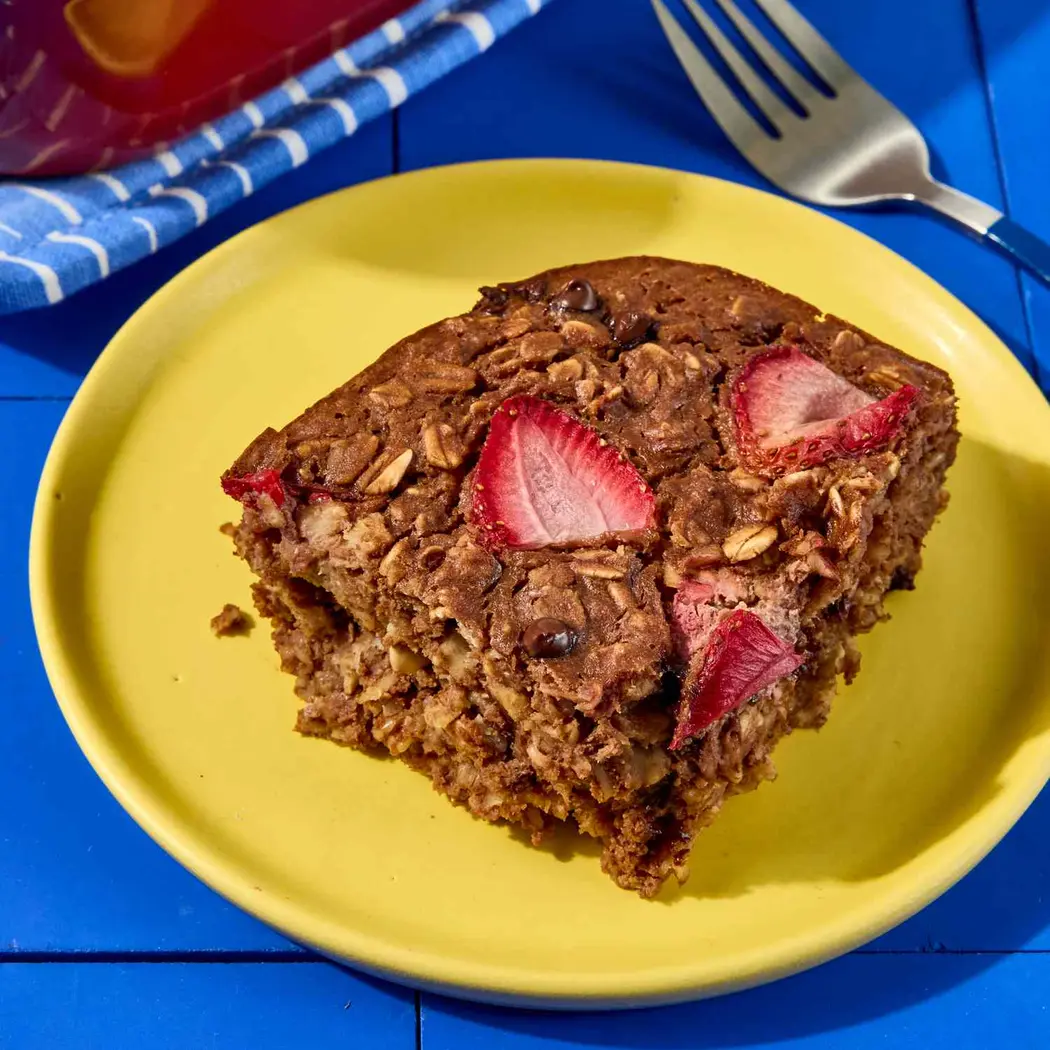
New Heart-Healthy Breakfasts Released
